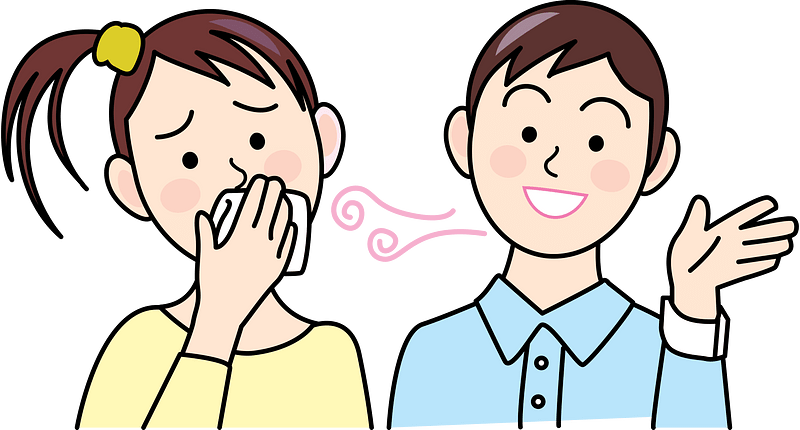How a Dentist in NYC Can Support Patients Undergoing Cancer Treatment

Cancer treatment saves lives but often brings challenging side effects. For many patients, the mouth becomes a battleground, radiation and chemotherapy can cause painful sores, dry mouth, and a higher risk of infections. These oral health issues can make eating, speaking, or even smiling a struggle. A skilled dentist can play a vital role in easing these burdens, offering specialized care to support patients through their treatment journey. By addressing oral complications early, dental professionals help patients maintain their quality of life during a difficult time.
Oral health is deeply connected to overall well-being during cancer therapy. Treatments like chemotherapy can weaken the immune system, making the mouth more vulnerable to infections. A dentist in NYC can provide tailored care to manage these risks. For instance, they may recommend special mouthwashes to soothe sores or fluoride treatments to strengthen enamel. Early dental visits allow for a baseline assessment, catching issues like cavities or gum disease before they worsen. This proactive approach ensures patients can focus on their recovery without added dental pain.
Common Oral Side Effects of Cancer Treatment
“Dental care during cancer treatment isn’t just about teeth; it’s about supporting the whole person.”
Cancer therapies can wreak havoc on the mouth. Patients often face a range of oral challenges that affect their daily lives. Here are some common issues and how a dentist can help:
- Mouth sores (mucositis): Painful ulcers can form in the mouth, making eating difficult. Dentists can prescribe medicated rinses or gels to reduce discomfort.
- Dry mouth (xerostomia): Radiation or medications can reduce saliva production, increasing cavity risk. Dentists may suggest saliva substitutes or hydration strategies.
- Increased infection risk: A weakened immune system invites bacterial or fungal infections. Regular cleanings and monitoring can prevent complications.
- Jaw stiffness: Radiation to the head or neck can cause jaw pain or limited movement. Dentists can recommend exercises or therapies to improve mobility.
These side effects are more than just uncomfortable, they can disrupt treatment. For example, severe mouth sores might force a patient to pause chemotherapy. A dentist’s expertise can prevent such setbacks, keeping oral health stable. “Dental care during cancer treatment isn’t just about teeth; it’s about supporting the whole person,” says Dr. Jane Smith, a dental professional with experience in oncology support. Regular dental checkups can catch problems early, ensuring small issues don’t escalate.
Why Early Dental Intervention Matters
Seeing a dentist before starting cancer treatment is a game-changer. A pre-treatment dental exam allows the dentist to address existing issues like cavities, gum disease, or ill-fitting dentures. This step is critical because cancer therapies can worsen these conditions. For instance, radiation can weaken teeth, making untreated cavities more destructive. By fixing problems early, patients avoid complications that could delay their cancer treatment.
Dentists also create personalized care plans. They work closely with oncologists to understand the patient’s treatment regimen and tailor dental care accordingly. For example, patients undergoing radiation may need more frequent cleanings to combat dry mouth. Those on chemotherapy might benefit from custom mouthguards to protect sensitive tissues. This collaborative approach ensures dental care aligns with medical needs, offering peace of mind.
How Dentists Support Emotional Well-Being
Cancer treatment can take an emotional toll, and oral health plays a role. Painful sores or tooth loss can make patients feel self-conscious, adding to their stress. A compassionate dentist can restore confidence by addressing these concerns. Whether it’s whitening teeth for a brighter smile or fitting dentures for comfort, these small acts make a big difference. “When patients feel good about their smile, it lifts their spirits,” notes Dr. Smith. Such support helps patients face their treatment with resilience.
Finding the Right Dentist
Not all dentists are equipped to handle cancer-related oral care. Patients should seek professionals experienced in working with oncology patients. In a bustling city like New York, finding a dentist in NYC with this expertise is easier than you might think. Look for practices that offer comprehensive services, from preventive care to restorative treatments, and prioritize patient comfort.
Dental care is a lifeline for cancer patients. By addressing side effects like mouth sores, dry mouth, and infections, a dentist in NYC can make treatment more bearable. Early intervention prevents complications, supports overall health, and boosts emotional well-being. For those facing the challenges of cancer therapy, a trusted dental partner offers not just medical care but also hope and comfort. Don’t wait—schedule a dental visit before treatment begins to ensure a smoother journey.

